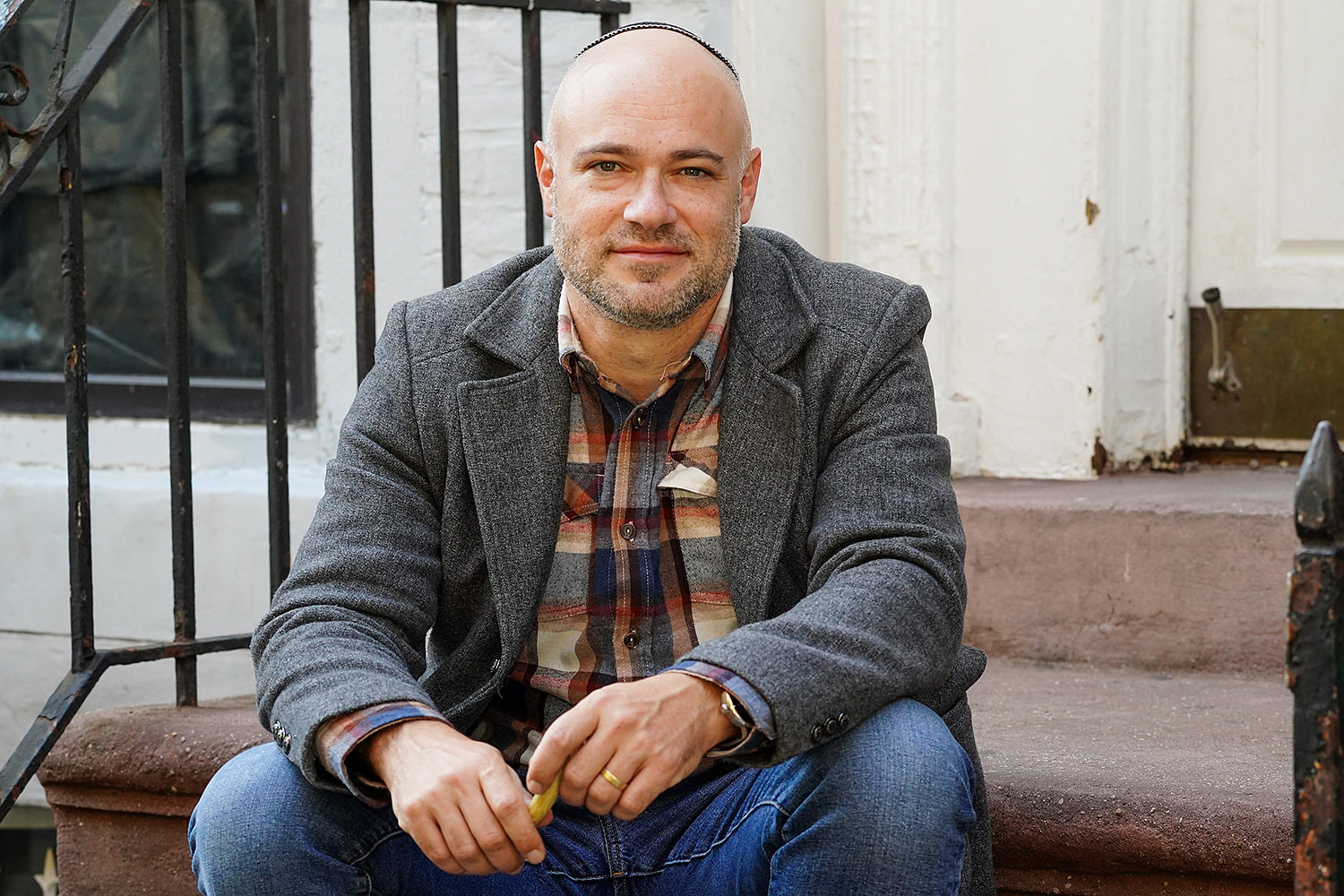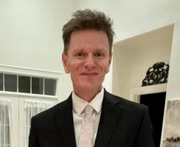
When I was young in my tiny Alabama town, the place to get clothes was Fine’s, the only business remotely similar to a department store. My parents bought me countless back-to-school threads and many last-minute necessities. The next option was forty-five minutes away, a tough ask for a working family.
It was a small revelation to find out that Dave Fine, the owner and consummate clothing professional, was Jewish. Small because I didn’t know what it was to be Jewish. Soon I would discover the facts of the Holocaust in school, and I would look upon the Fine family with relevance. That my older brother worked for them for a time made me feel a sense of pride.
Having a Jewish family in a Southern village as minuscule as my town began as a curiosity but as years progressed developed into a mystery. Where was their church? Did they go to church? What do they believe? Wasn’t Jesus a Jew? Each question produced another.
It is in the debut novel Goyhood written by Reuven Foster which brings me to these memories of small-town Judaism. In Foster’s fiction, a set of teenage Jewish twins, David and Marty, roam the streets and woods of New Moab, Georgia, their hamlet where they, along with their single mother, are the only Jews around. David and Marty Belkin find the mid-1990s like most of us did in the South: a decade that caters to mischief the likes of David and Marty revel in. The boys pass the time with smoking, watching girls, teasing the neighbor’s dog, riding bikes, and for Marty, bird watching.
It isn’t until one summer day that their lives fork. David and Marty come back to find an unknown Rabi Yossi paying a visit to their mom, who reminds the boys of their Jewish heritage. It all sends Marty into fascination, and through the help of a time jump, into Brooklyn as a scholar of the Talmud, long forgetting Georgia and, in part, his mother and twin brother.

When Marty — now the New York resident Mayer — gets the call from David that their mother has suddenly passed away, his life is altered in more ways than a death in the family. Foster uses the inciting incident as more than a lynchpin for reflection. Instead, troublesome David and devout Mayer are thrust into what it means to be not just Jewish but the people they’ve always assumed they were.
In the style of Charles Portis, Goyhood’s existentialism does not mope around with philosophical questions of religion as a forefront of the narrative. Instead, humor abounds, from the saving grace of a one-eyed dog to the boundless energy of the Deep South. Here, New Orleans only scratches the surface of David’s attempt to help heal brother Mayer.
The brothers find themselves escaping one situation only to dive headfirst into another as Fenton balances wit and poignancy between the two. The mishaps do more than create laughs: David and Mayer learn more about one another, themselves, and their estrangement.
And Foster’s biggest credit goes to the propulsion of the narrative, thanks to a good story as well as sharp dialogue that never feels false or overwrought. When nonreligious David tries to provoke Mayer’s imagination, he questions,
“You ever read On the Road?”
Mayer looked at him blankly.
“Travels with Charley?”
“No.”
“‘The Road Not Taken’?” David asked in a rising tone.
Mayer shook his head.
“You’ve read the Torah, right? Book of Exodus?”
“No, is it any good?”
Moments like this and many more throughout represent Fenton's warm-heartedness and sense of play in discussion of the certain dualities, especially through his reckoning of the twins. Dualities of religion and secular, wild versus tame, brother versus brother, love versus friendship, devotion versus indifference. Dualities of us all.
Fenton knows that in order to probe the depths of an examination of our existence, it doesn’t hurt to have some fun in the process. Otherwise, what are these rituals to us?
Goyhood is Reuven Foster's debut novel and is out today, May 28, 2024. Find it in your favorite bookstore.




